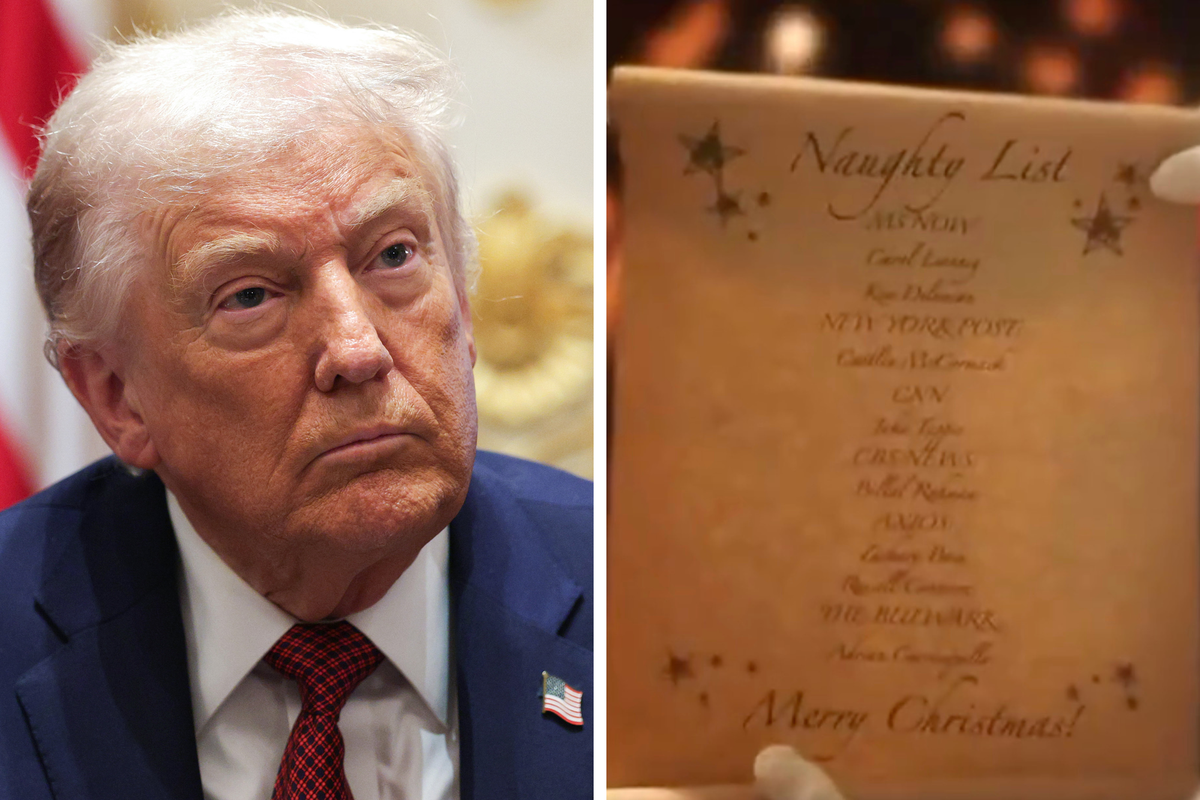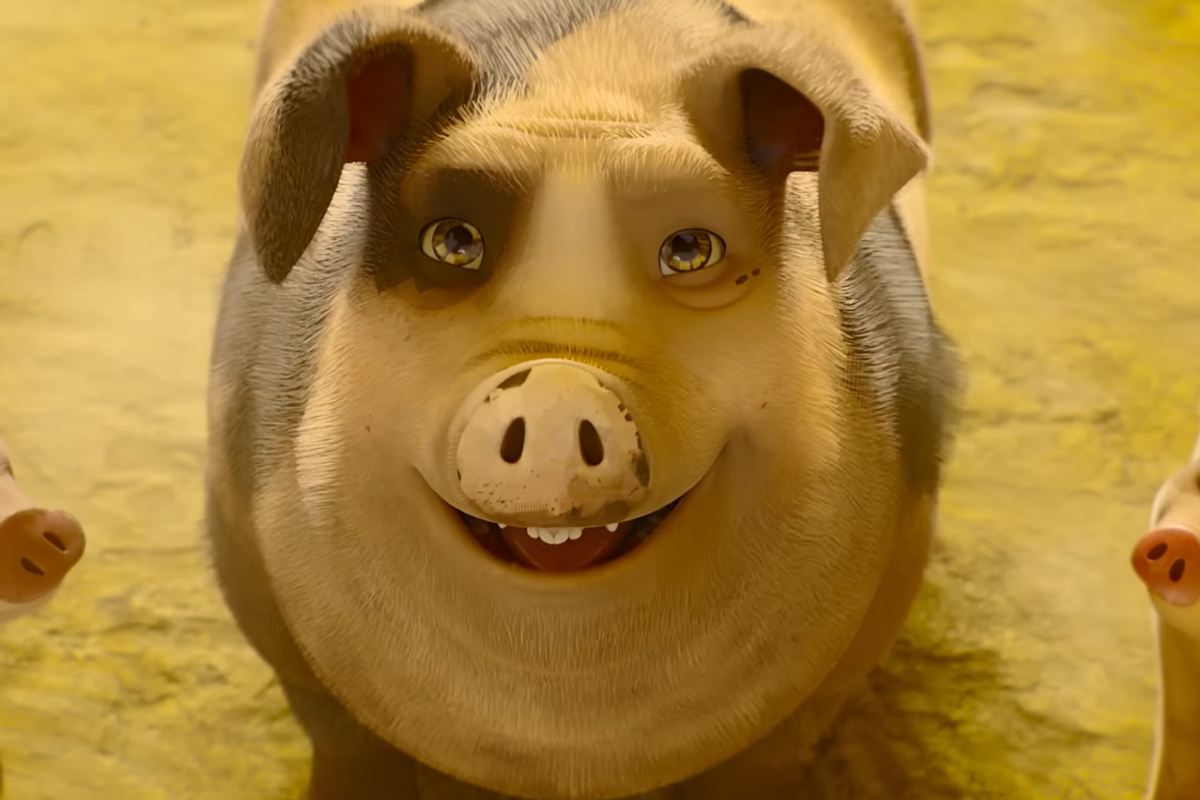Celebrities
Bethan McKernan
Nov 10, 2015
Gai Nyok, 29, from what is now South Sudan, was five when he fled civil war violence in his village, walking almost 1,000 miles to seek sanctuary in a refugee camp in neighbouring Ethiopia.
After coping with the challenges of growing up alone in camps in East Africa and getting used to life in the US after he was granted asylum at the age of 15 in 2001, Gai achieved his dream of a career in diplomacy when he was officially sworn in to the US Foreign Service at the end of last month.
'The Lost Boys of Sudan' was the name given to around 25,000 young boys from certain Sudanese ethnic groups who lost their parents and fled their homes during the Second Sudanese Civil War, which raged between 1983-2005 and killed more than two million people.
Sadly the term has been revived in recent years as horrific violence continues to scar the newly-independent nation of South Sudan.
Around 4,000 lost boys were granted asylum to the US from the late 90s onwards and placed in foster homes.
Gai was adopted by a family in Virginia, where he overcame the language barrier to complete high school and win a scholarship place at Virginia Commonwealth University.
He then entered a prestigious fellowship programme that prepares graduates for careers in foreign policy, where his story was praised personally by US Secretary of State John Kerry.
Not all of the lost boys have been able to adapt so well. Many have grown up to struggle with PTSD and substance abuse issues.
Gai told The Herald Progress that he is aware he is one of the lucky ones:
I’ve seen people who came over with me and not be able to have the same opportunities, or don’t have an American family to help guide them through and navigate the challenges that people face when they come here.
His career choice, Gai said, was about giving back.
His first posting will be Venezuela: Gai is currently undergoing intense training and Spanish lessons to prepare him for the move in 2016.
More: Meanwhile in South Sudan: war, famine and extreme poverty
Top 100
The Conversation (0)













